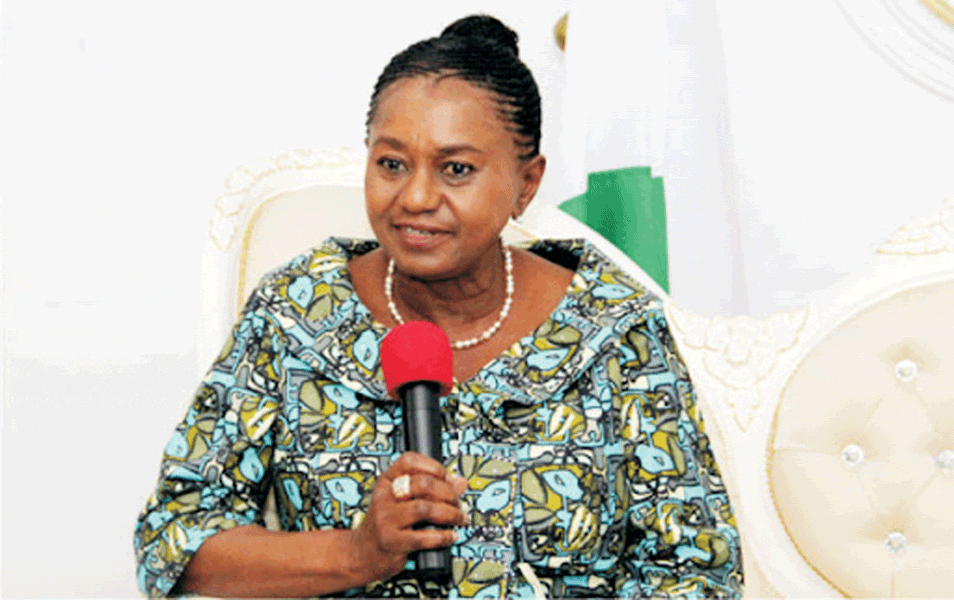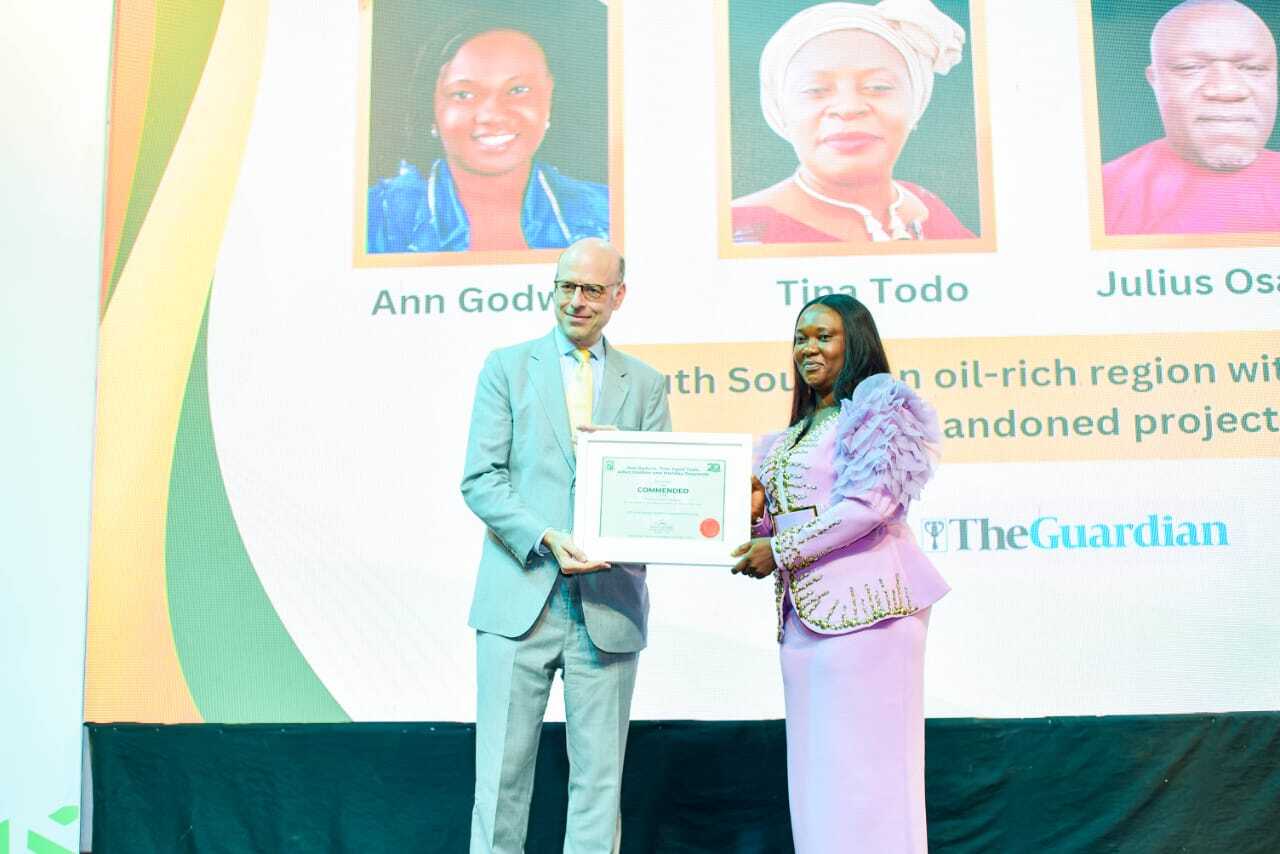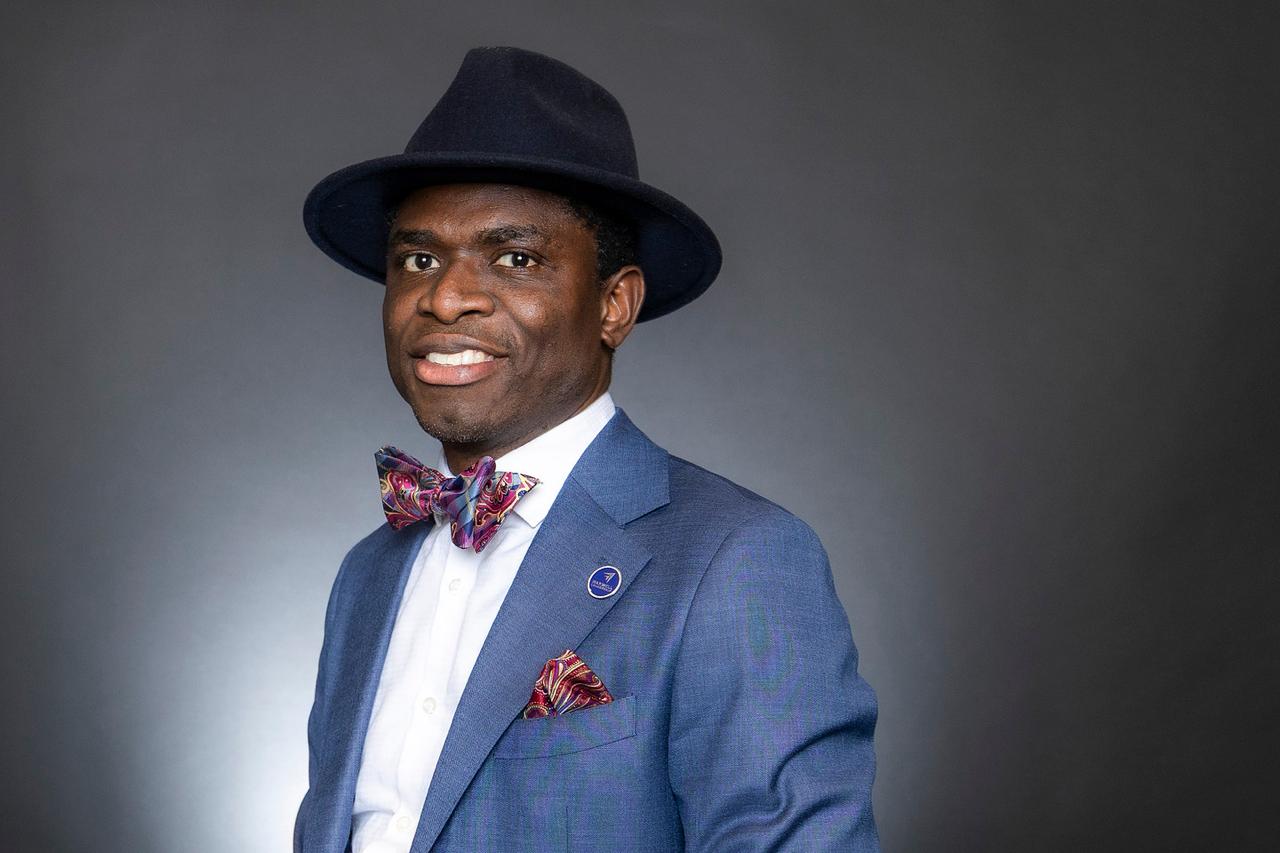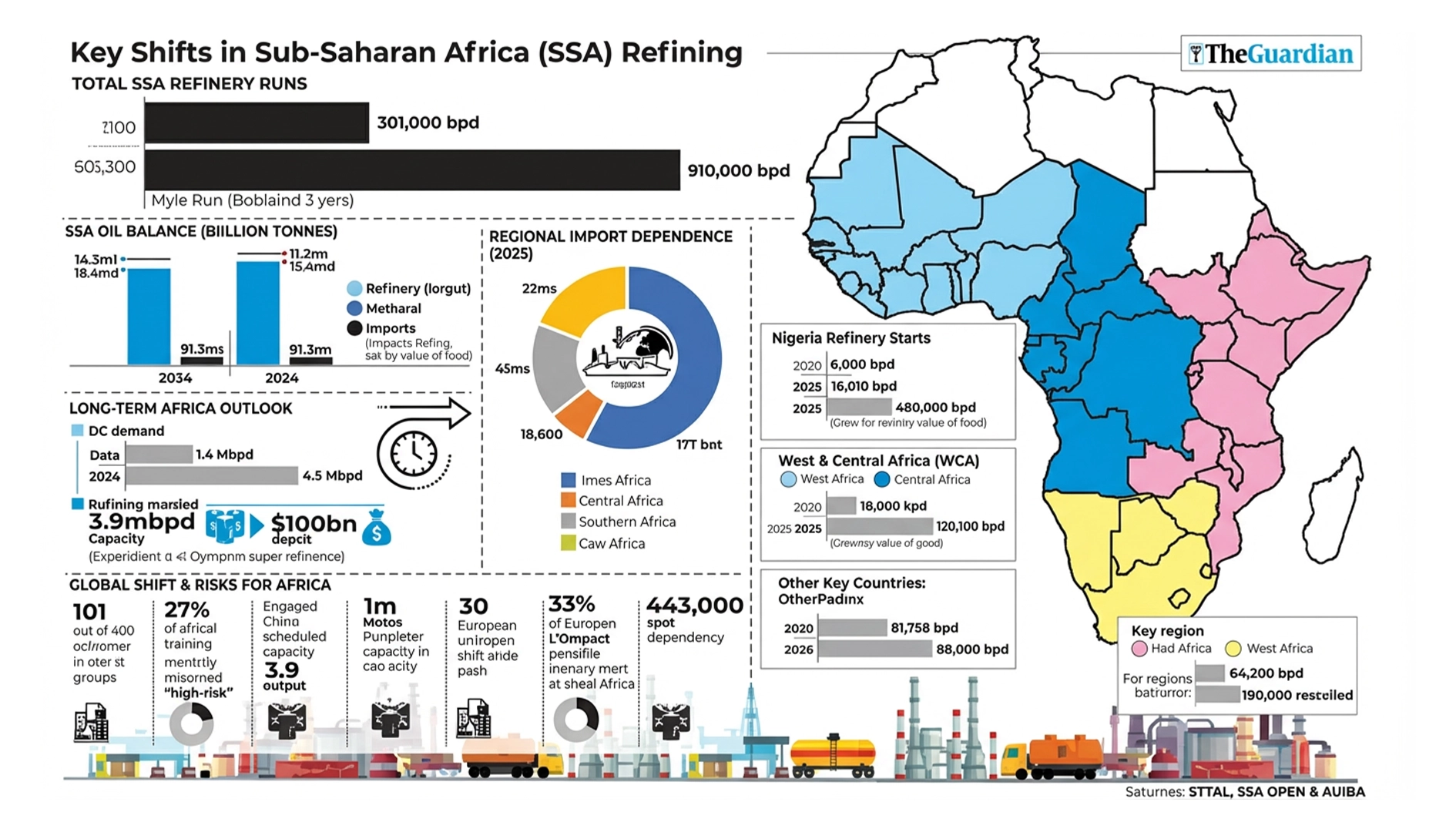
The Chairman of the Senate Committee on Health, Senator Ipalibo Harry-Banigo, has called on the lawmakers to leverage on their legislative powers to fast-track the attainment of the Universal Health Coverage (UHC) in the country.
Harry-Banigo, who spoke at the fifth Legislative Summit on Health themed: ‘Improving Legislative Stewardship and Accountability for Universal Health Coverage (UHC)’, advocated an urgent and comprehensive reform in Nigeria’s health sector, and called on all legislators to ensure equitable access to quality and affordable health care services to all Nigerians.
She decried the poor health indices and called for urgent measures to address the gaps in the country’s healthcare delivery system. Harry-Banigo also canvassed for increased funding and effective policies that would reposition the health sector.
She also stressed the need for the legislature to champion the expansion of telemedicine and health infrastructure to bridge healthcare gaps. “All partners and stakeholders in the health sector should be guided by the principles of accountability and transparency, to achieve sustainable health programme in the country,” she said.
Harry-Banigo called for stronger legislative frameworks to improve epidemic preparedness and resilience at both national and sub-national levels to ensure swift response to emerging health threats.
She also wants the deployment of technology in healthcare delivery, including artificial intelligence and integration of climate resilience into health policies to mitigate the health impacts of rising temperatures and extreme weather events.
The Minister of Health and Social Welfare, Prof. Mohammed Pate, said there is significant fragmentation across federal, state, and local levels, with each operating independently rather than as a cohesive national health system.
He said that by working together, federal and state governments, the National and State Assemblies could improve the health of Nigerians, enhance national security, and foster unity.
The minister expressed concern over the inadequate funding for the health sector, as public health spending is approximately $13-14 per person, with total health spending at $85, and most of which is out-of-pocket.
“This is insufficient, especially when compared to countries like Ethiopia and Bangladesh, which achieve better health outcomes with similar or lesser spending,” he said.
According to him, many primary healthcare centres and hospitals are underfunded and lack essential resources and trained personnel.
He lamented that traditional health issues like maternal, newborn, and child health, infectious diseases such as malaria, tuberculosis, and HIV persist, and non-communicable diseases like hypertension, diabetes, and cancers are becoming more prevalent.
In his keynote address, Amobi Ogah stressed the need for the government to assume primary responsibility for funding the health sector instead of relying heavily on foreign aid and grants. Ogah, who also called for adequate funding for the health sector, observed that there are critical gaps in the current budgetary allocations for diseases like malaria and tuberculosis.
He also called for increased legislative stewardship, accountability and responsible leadership to ensure that public funds are properly managed in the health sector.
The Speaker of the Gombe State House of Assembly, Hon Abubakar Luggerewo, said the domestication of the National Health Insurance Authority (NHIA) Act by the 36 state governments would deepen health insurance in the country.






